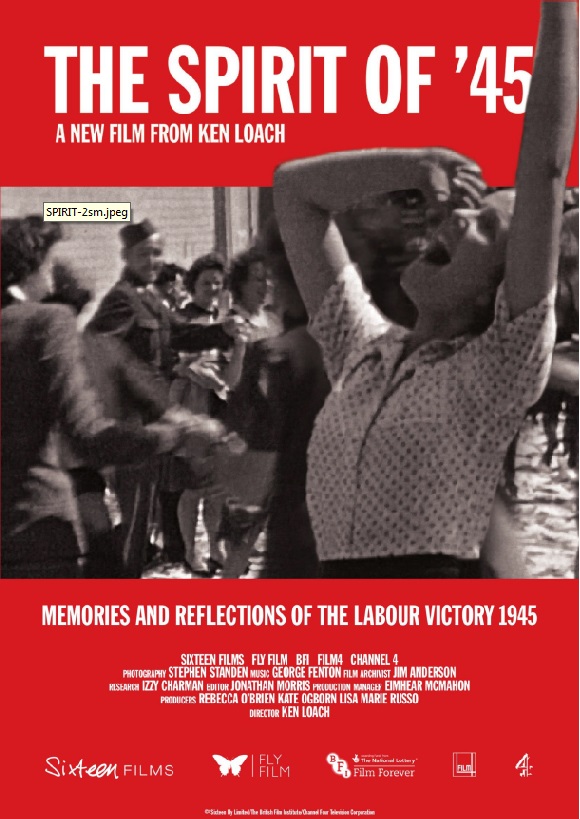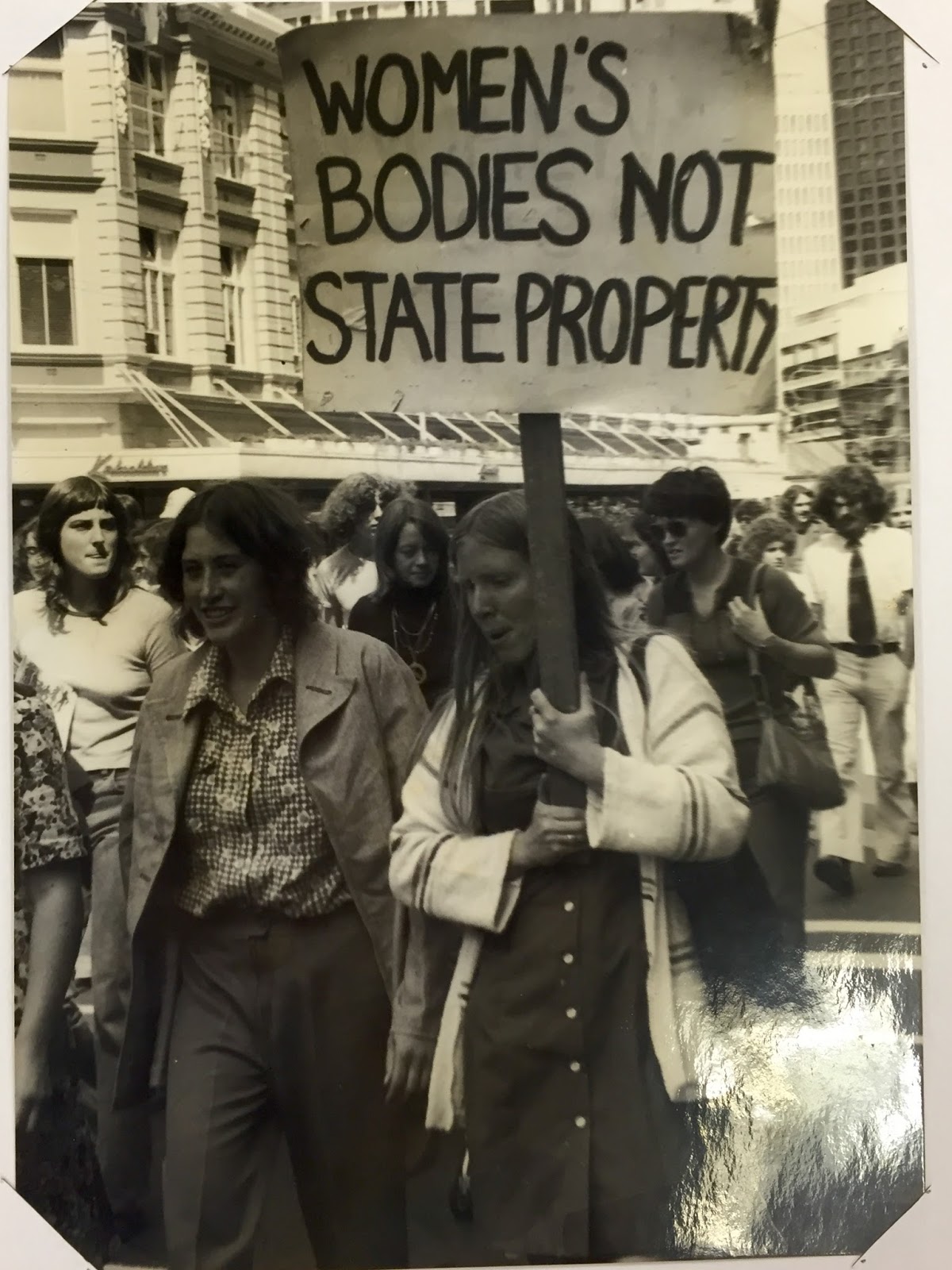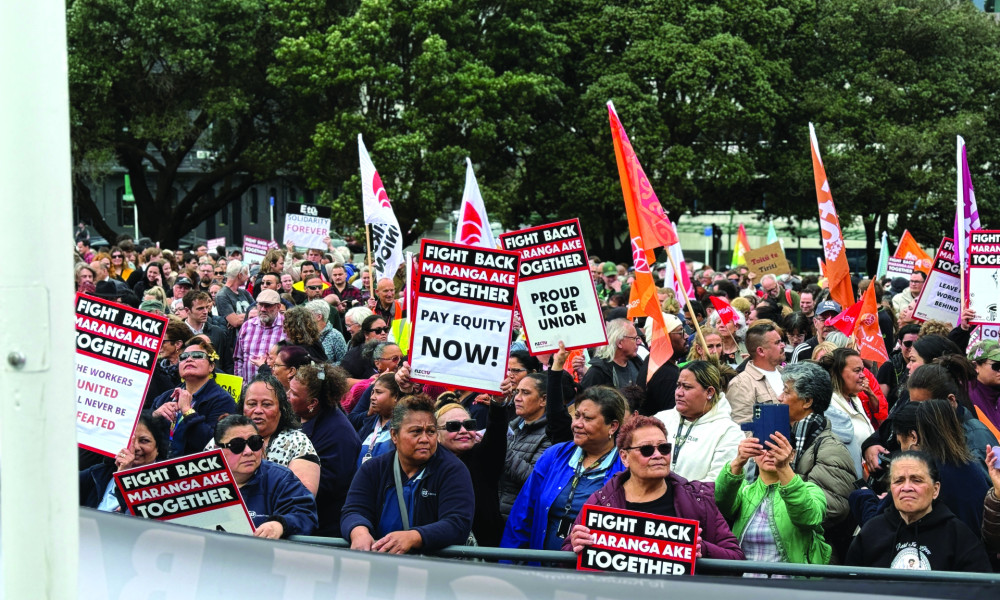The Spirit of ’45 was a movie centred around the political atmosphere in Britain after World War Two. With the victory over Hitler, British workers felt empowered, and felt they deserved more than the poverty of old Britain. They chose to kick out Churchill and elect Labour for the first time and implemented its radical policies of full employment, free healthcare, good council housing, better health and safety and free education.
The best thing about the movie, directed by veteran socialist film maker Ken Loach, is the sheer number of working-class people who were interviewed: Liverpool dockers, Durham coal miners, the first nurses of the National Health Service, housewives, railway workers and so on. All of them demonstrated the respect for the Labour policies that allowed their children to grow up with the essentials of life that they had been deprived of.
Nonetheless, the movie did have some negatives. It ignored the Communist Party of Great Britain in all of this, even though they also grew after 1945. Miners and dockers had a long history with the communists, and one of the old men was even wearing a red star on his cap. I think it at least deserved a mention.
The film also covered the destruction of much of the welfare state under Margaret Thatcher. A list of privatised industries and redundancies scrolled by over images of police attacking striking miners, dockers and protestors – Thatcher’s attack on the British working class was vicious and physical and fought every inch of the way on the streets. The role of the leadership of Labour and the unions in this struggle was criticised though, with one interviewee blaming the defeat on the fact that the labour movement had been taken over by the middle-class. The same is true in New Zealand.
But John Rees, a revolutionary socialist, hit the nail on the head when he said the problem with defending the welfare state was that the worm at the heart of the apple was the lack of real workers control. Labour’s “socialism” merely transferred control from a corporate bureaucracy to a state bureaucracy. The first chairman of the National Coal Board was an aristocrat who opposed the very existence of a nationalised mining industry!
Though it had these issues and was about a reformist government it was very educational, and I recommend it to all comrades.








